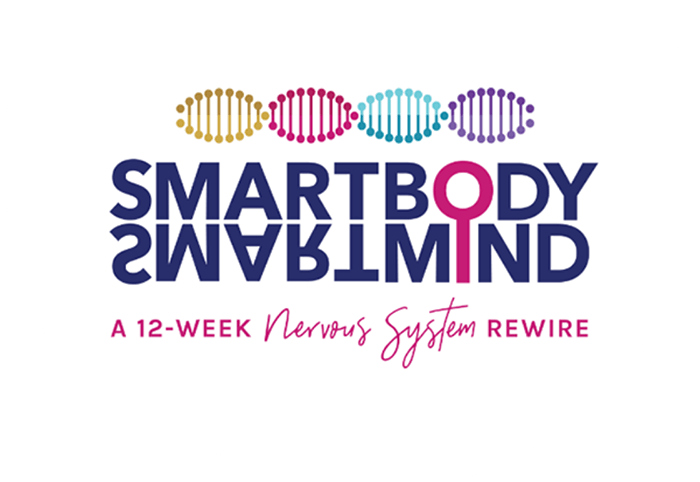is there proof? Is there proof that trauma is stored in the body? Is there proof that this work of working somatically with the body and the nervous system can resolve trauma?And the context, I’ll read the context. There’s a couple of different contexts. One, they were asking about their mentor who was a neuroplastic pain specialist, said last night on a live call that, “Although he loves somatic work and thinks it’s really helpful, he doesn’t think that stress or emotions or traumas can get stuck in the body, fascia, bones, muscles, organs, et cetera, because cells in the body do not have memory receptors.” Something like that. “For him, everything comes from the brain, and say, if you massage a painful area or do some somatic work, it will calm the danger alarm mechanism of the brain, which will create the release.”And then another one who said that they really are excited about this work because they’re seeing the results, and they want to share it with their friends, but they’re hesitant to, because they’re not sure if they can provide proof. People are going to ask for evidence and what’s the proof. “I’m concerned about being seen as woo woo.” Yes. “Could you please provide some references for studies that show that trauma is stored in the body and that these tools to release the stored energy improves the autonomic nervous system.”
Call Tag: chronic tension
What could a possible connection be between vaginismus…” That’s hard to pronounce. Constriction of the vagina when there tries to be penetration, essentially is what that is. “And then around four years of interstitial cystitis. What’s the connection between these things? The interstitial cystitis has resolved, but vaginismus has not. No trauma that comes to mind as a possible connection, although I’m realizing these issues are not due to bad luck or chance.” No. “Is there any advice you can give me, a little insight as to what could be going on?
“I found the basic joints exercise helpful and even pleasant to do, possibly because it took my attention away from the deep seeded tension in my face and throat, in particular. My breathing feels constrained by the chronic tension in my throat in an ingrained pattern of shallow breathing, holding my breath for no apparent reason. What are some ways to begin working on relaxing the muscles in the throat to breathe and talk more freely?”
My lower turbinates of the nose were removed during a surgery. This sometimes leads to what is called empty nose syndrome years later where the nerves of the nose get damaged so the person can’t feel the sensation of breathing anymore. People who have ENS are always stressed and tense as they feel they are suffocating, even though the air is coming in normally. Any tips or advice on how to protect the nerves and the nerve endings of the nose from such a condition?
